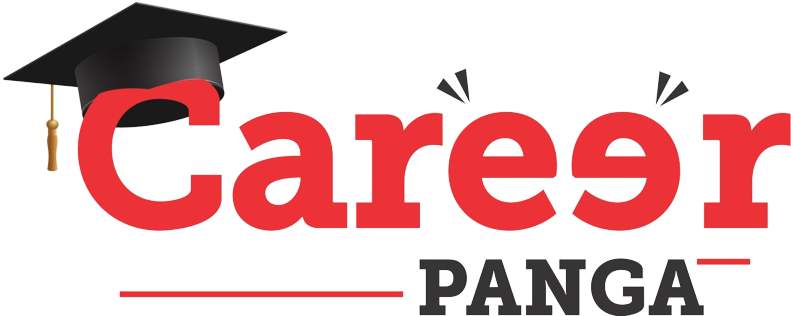- Higher Education Options:
- Bachelor’s Degree: Many students choose to pursue a bachelor’s degree in a field that aligns with their interests and career goals. This could be in disciplines like engineering, medicine, business, humanities, social sciences, or arts.
- Integrated Programs: Some institutions offer integrated programs that combine a bachelor’s degree with a master’s degree. These programs are often designed for specific career paths and can save time.
- Professional Courses: Students interested in specific professions, such as law, architecture, or medicine, can opt for professional courses that lead to recognized degrees or licenses.
- Entrance Exams: Depending on the chosen field, students might need to take entrance exams to secure admission to certain universities or programs. Examples include engineering entrance exams, medical entrance exams, law entrance exams, etc.
- Study Abroad: Some students choose to pursue higher education in foreign countries. This option can provide exposure to different cultures, education systems, and global opportunities.
- Diploma or Certificate Programs: Students who want to gain specialized skills without pursuing a full bachelor’s degree can enroll in diploma or certificate programs. These programs are usually shorter in duration and focused on practical skills.
- Gap Year: Students might take a gap year to explore their interests, gain work experience, travel, volunteer, or prepare for competitive exams. This can provide clarity about future goals.
- Prepare for Competitive Exams: Some fields require students to clear competitive exams for admission. This includes exams for engineering, medical, law, civil services, and other professional courses.
- Vocational Training: Vocational courses can provide practical skills in fields like hospitality, culinary arts, fashion design, automotive technology, and more.
- Entrepreneurship: Students with entrepreneurial aspirations might start their own businesses or projects, turning their ideas into reality.
- Artistic Pursuits: Those interested in arts, music, literature, or other creative fields can pursue higher education in these areas or explore opportunities for professional development.
- Online Learning: Many platforms offer online courses in various subjects. This can be a way to learn new skills or gain knowledge while exploring other options.
- Internships or Work Experience: Gaining work experience through internships or part-time jobs can provide practical insights into industries and help students develop soft skills.
- Research Opportunities: Some students might engage in research projects or assistantships within academic institutions.
- Military Service: Some students might choose to join the armed forces or pursue careers in defense.
- Personal Development: Students might use this time for personal growth, self-discovery, and skill-building through hobbies, sports, or volunteer work.


It’s crucial for students to consider their passions, strengths, and long-term goals when making decisions about their next steps after the 12th grade. Seeking advice from teachers, mentors, career counselors, and professionals in the chosen field can provide valuable insights and guidance.
Request Call Back
[forminator_form id="1689"]

